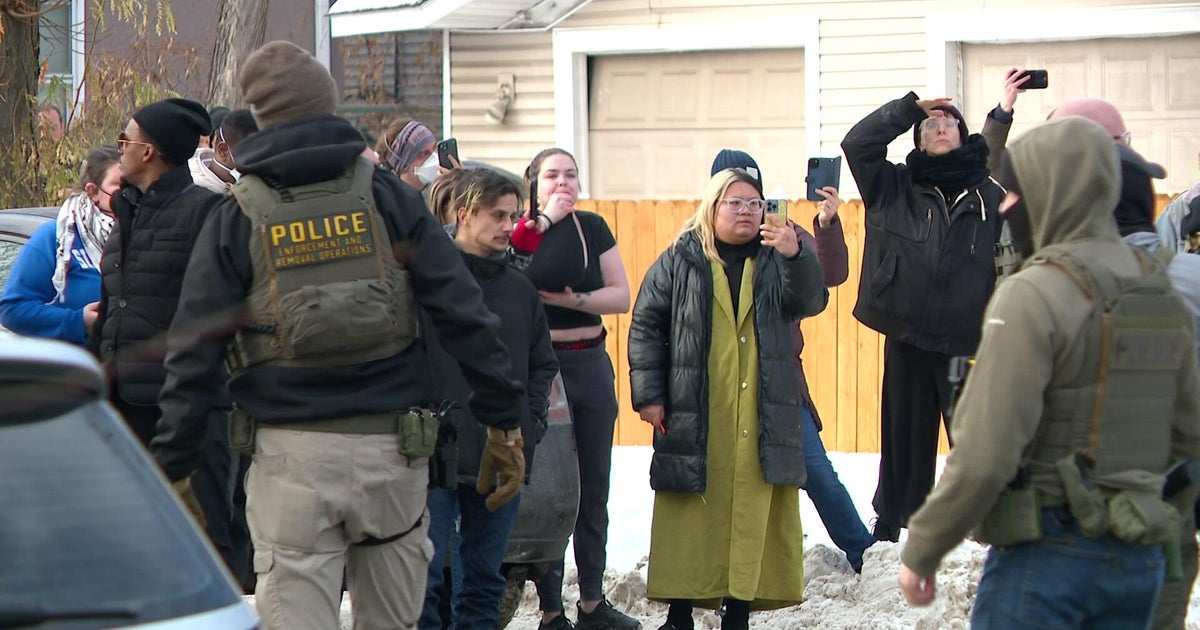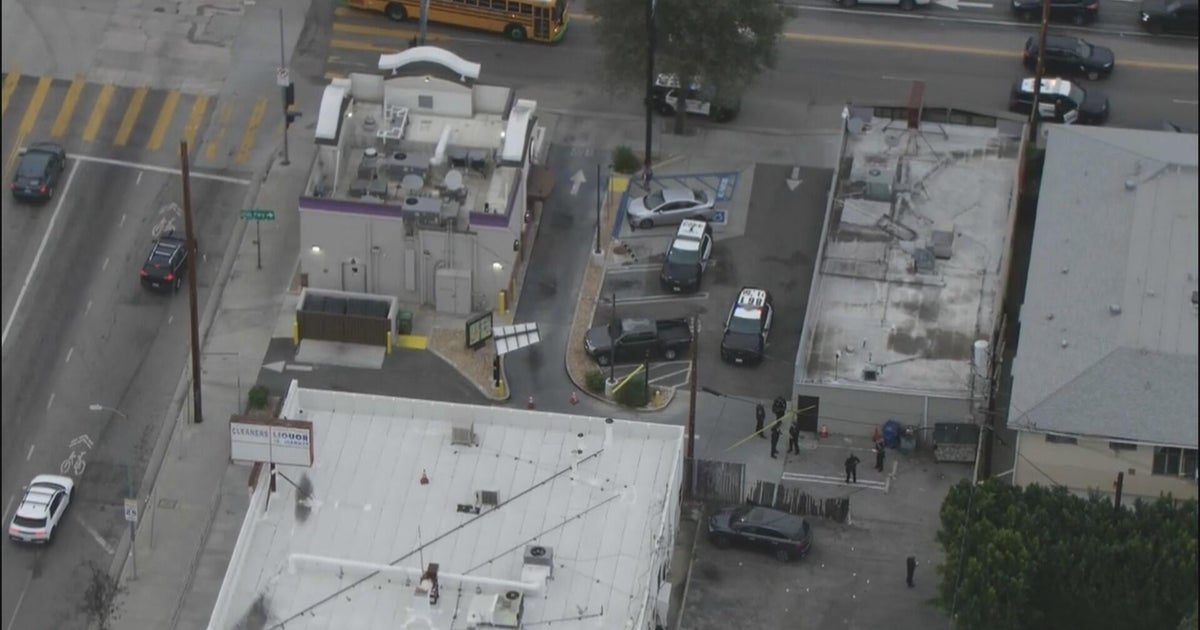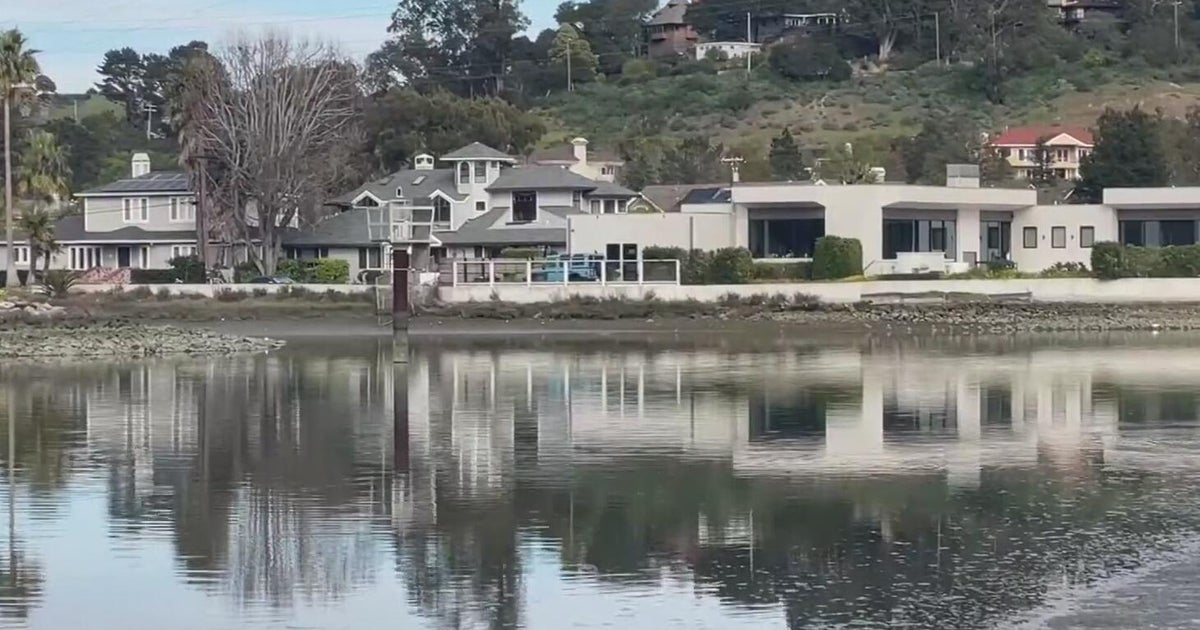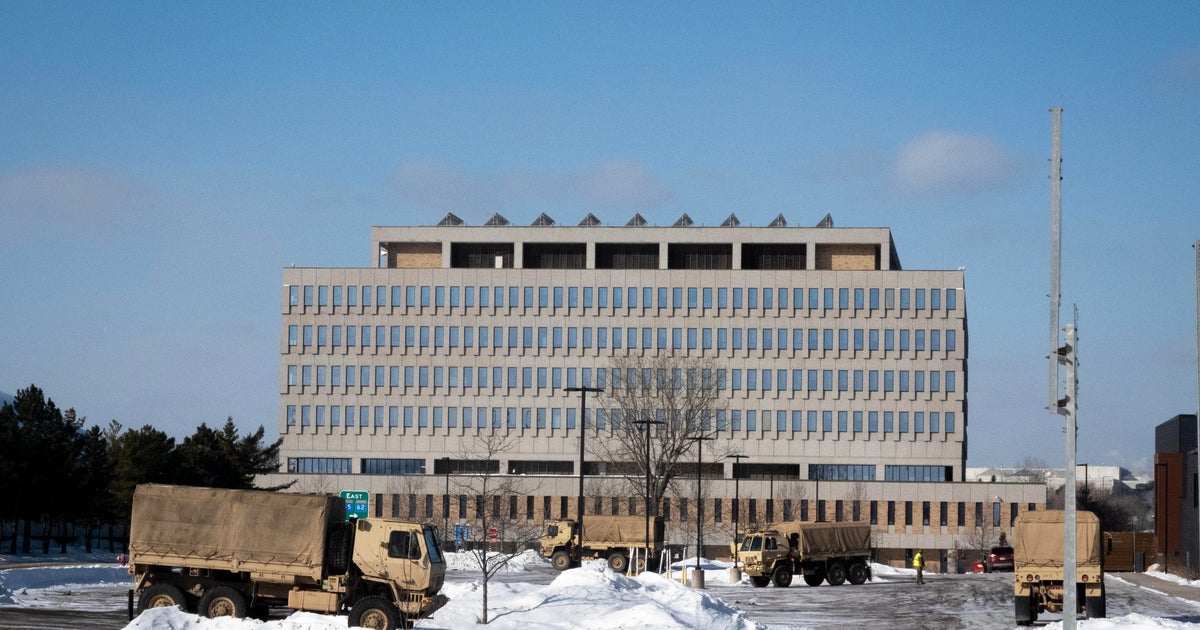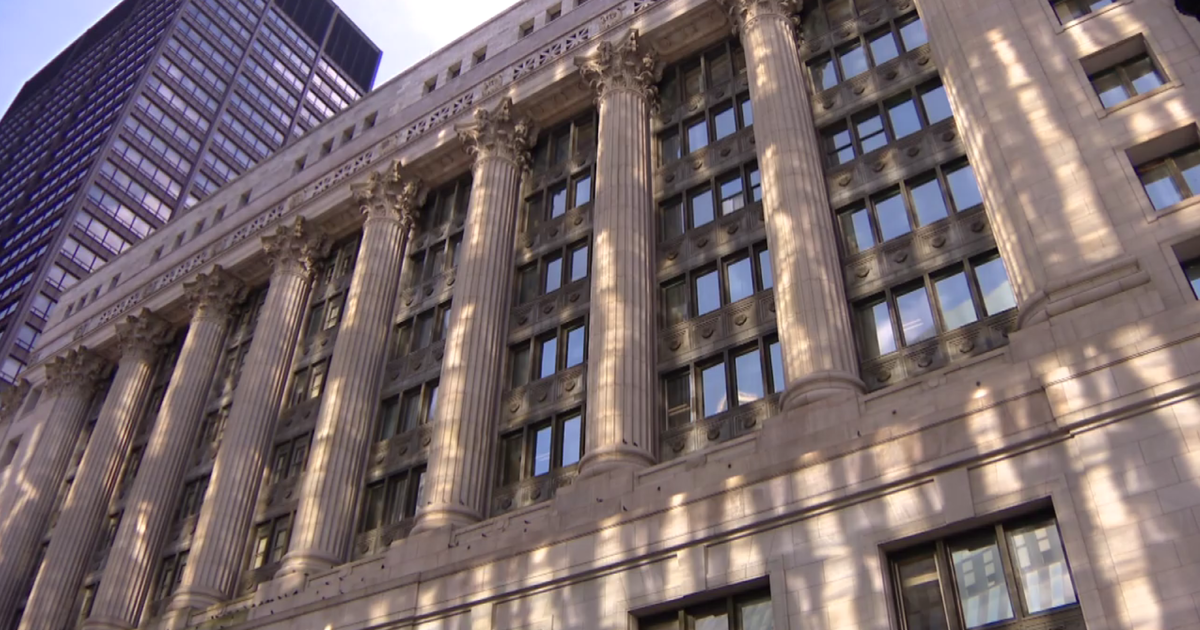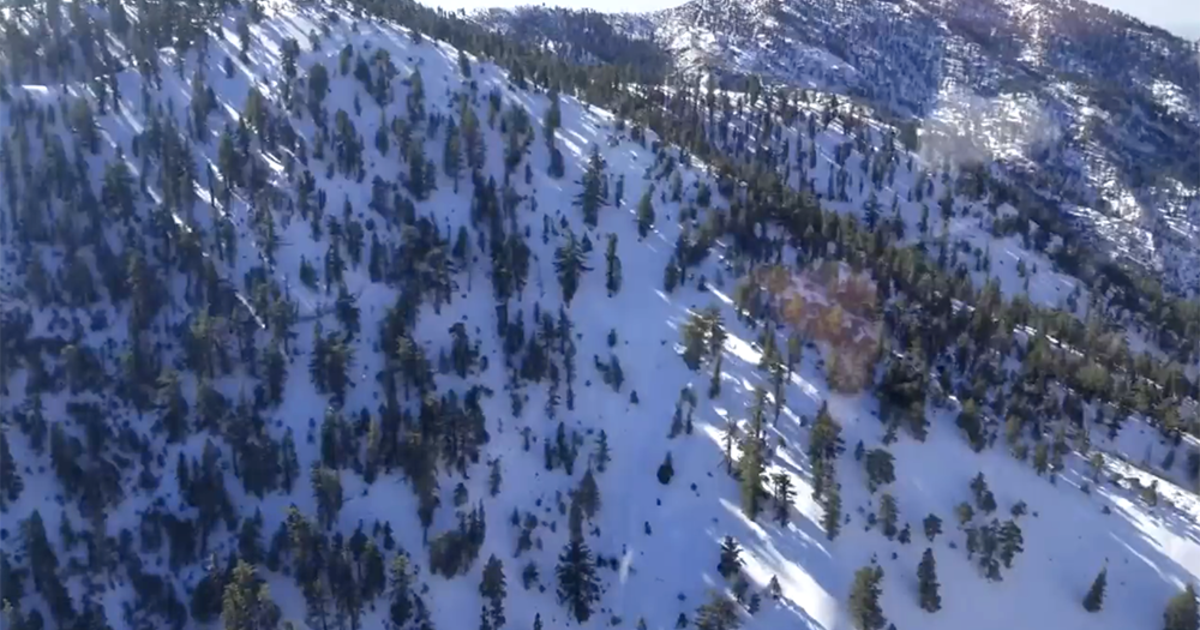Feds Issue Urgent Recommendations After San Bruno Explosion
SAN BRUNO (CBS / AP / BCN) -- Federal investigators issued a fleet of urgent safety recommendations Monday, pressing for new scrutiny at the utility responsible for the gas pipeline that exploded in a San Bruno last year, killing eight people.
Six of the National Transportation Safety Board's seven recommendations were marked urgent, a classification the board reserves for only the most serious problems its investigators encounter each year.
The board is still probing what caused the Sept. 9 explosion, which sparked a gigantic fireball that engulfed a San Bruno neighborhood and destroyed more than three dozen homes. Officials have not determined an exact cause but suspect the pipeline may have burst under high pressure.
One of the urgent recommendations asks Pacific Gas & Electric Co. to identify all gas transmission lines that haven't undergone testing for safe operating pressures. The NTSB also urged California regulators to make sure the utility follows through on the testing.
The board said if PG&E can't figure out safe pressure levels using old records, the utility should perform high-pressure water tests, which could impact customers that rely on natural gas for cooking or heating if the pipes fail during the test.
The NTSB's recommendations follow a disclosure by federal accident investigators last month that, contrary to PG&E's records, the spine of the ruptured pipeline had a type of weld that investigators are now examining in their search for a cause for the explosion.
PG&E's records showed that the pipeline in the area of the rupture was constructed of seamless pipe, and "these inaccurate records may lead to potentially unsafe maximum allowable operating pressures," the NTSB's report said.
Deborah Hersman, the safety board's chairwoman, said the agency fears such record-keeping problems could be mirrored elsewhere in the country.
"We're very concerned about making sure operators nationwide know what kind of pipe is on their lines," Hersman said in an interview. "This was a tragic accident and we wanted to make sure we got this information out urgently."
Federal investigators also plan to hold a hearing about the explosion in Washington in March — the first such hearing on a pipeline accident in a decade — and will use information gathered there to guide future recommendations, Hersman said.
The NTSB has only a handful of full-time pipeline accident investigators and no regulatory power to enforce its recommendations. That is left up to the Pipeline and Hazardous Materials Safety Administration, which enforces rules for the safe operation of the nation's pipeline system. Most state public utility agencies have adopted the federal rules and carry out inspections and enforce regulations on pipelines inside state boundaries.
Neither the federal agency or the California Public Utilities Commission immediately said how they planned to respond to the safety board's recommendations.
PG&E spokesman Denny Boyles said the company already had started a thorough review of its records and is working with NTSB to make sure the utility understands the recommendations.
Glen Stevick, an independent pipeline consultant in Berkeley, said investigators took a step in the right direction, but cautioned that checking whether utilities have performed tests on old lines won't necessary identify all the potential flaws in old pipes coursing beneath communities.
"You've got to look at what has happened since the test was performed and determine how big those flaws in the pipe would have grown today," Stevick said.
Hersman said she expects the NTSB will finalize its investigation by September.
Federal investigators also plan to hold a hearing in Washington, D.C. in March about the explosion.
(© 2011 CBS Broadcasting Inc. All Rights Reserved. This material may not be published, broadcast, rewritten, or redistributed. The Associated Press and Bay City News contributed to this report.)
